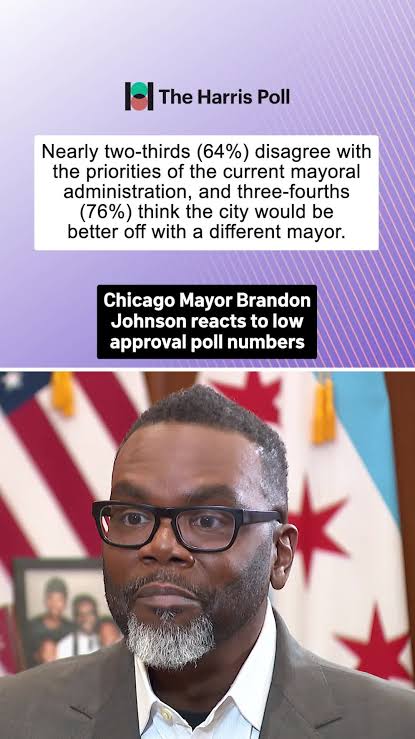Sanctuary at Any Cost
When Chicago Mayor Brandon Johnson faced questions about the brutal rape of a 54-year-old woman by an illegal immigrant, he didn’t express outrage or sympathy. He corrected the reporter’s terminology.
Because in Johnson’s Chicago, it’s apparently less offensive to rape a woman than to say “illegal alien.”
Independent journalist William J. Kelly confronted Johnson at an October 7 press briefing, pressing him about Leyter Jefferson Arauz-Medina, a Nicaraguan national who entered the U.S. illegally in 2023 and was arrested for the August 31 sexual assault in a Northwest Side alley. Johnson responded not with policy, but with semantics—insisting on the phrase “undocumented individuals” before ducking the question entirely. When Kelly asked if he’d support deportation “if the victim were your wife,” Johnson pivoted away.
The exchange went viral—over 120,000 engagements—because it crystallized what Chicago’s sanctuary ideology has become: moral abstraction dressed up as compassion.
Under Illinois’s TRUST Act, local law enforcement cannot cooperate with ICE detainers unless a federal criminal warrant exists. In practice, that means violent offenders like Arauz-Medina are effectively insulated from removal until after they’ve committed a crime that lands them on national news. Meanwhile, since 2022, over 40,000 migrants have been bused or flown into Chicago—swamping city services, displacing homeless citizens, and forcing budget triage the administration insists on calling “equity.”
Johnson’s defenders claim the real issue is “inflammatory rhetoric.” But it isn’t rhetoric that left a woman battered in a North Side alley—it’s the refusal to enforce federal law under the illusion of moral superiority. Chicago’s leadership has built an ideological firewall so thick it can’t see through its own virtue signal.
The mayor’s priorities are now clear: rebrand the language before you confront the crime. In a city averaging more than 20,000 violent offenses a year, this administration is still litigating pronouns.
Sanctuary status was once sold as a humanitarian safeguard. In practice, it’s a political indulgence—a municipal declaration that the federal law doesn’t apply here. Even as cities like Denver, New York, and Los Angeles start to quietly reconsider, Chicago doubles down, insisting on empathy without accountability. That isn’t progressivism—it’s paralysis.
At some point, someone will have to explain to the victim why her city’s “values” mattered more than her safety. Maybe Johnson can correct her vocabulary too.
Because if you can’t say “illegal,” you can’t admit illegality. And if you can’t admit illegality, the crime never really happened—except to the person who lived it.
Citations
- Breaking 911 – “Reporter confronts Chicago Mayor over illegal alien rape case” (October 27, 2025)
- Illinois General Assembly – Trust Act (5 ILCS 805) (2017, current through 2025)
- City of Chicago – Office of Budget and Management: Migrant Response Spending Report (2025)
- U.S. Customs and Border Protection – Southwest Border Encounters FY 2023–2025 (October 2025)

